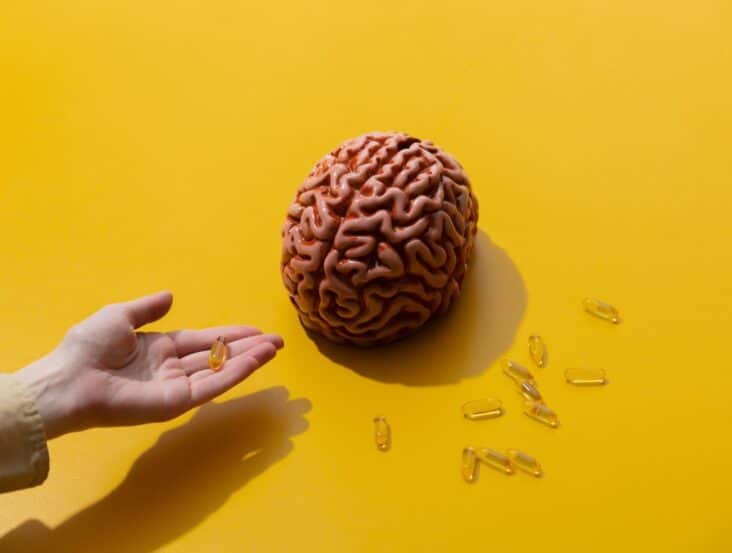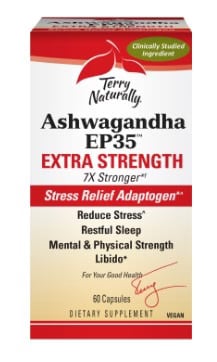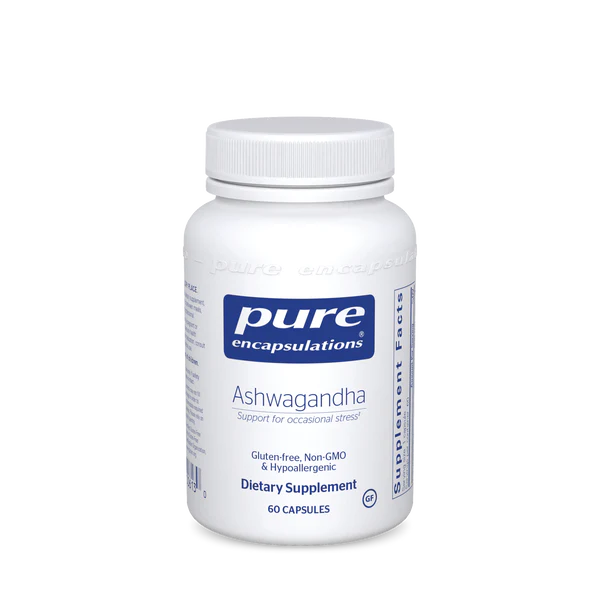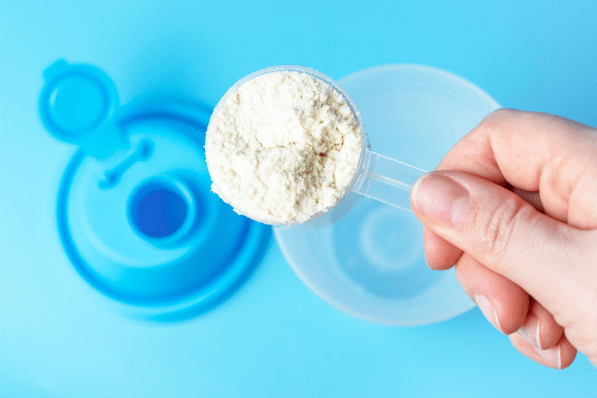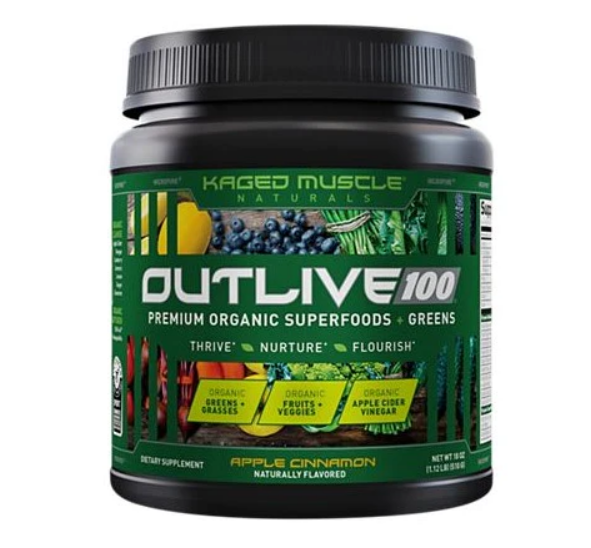In modern healthcare, the introduction of various innovative technologies and treatment methods has incredibly transformed the way of dealing with different diseases and medical conditions. Cognitive assessments are one of those. They encompass a complex technology developed to facilitate the medical evaluation of brain function. With this, medical professionals can have deeper insights into various cognitive domains such as memory, attention, and problem-solving.
One of the most commonly performed cognitive assessments is the Cognivue screening test. It is particularly designed to provide a comprehensive analysis of cognitive health. Learn more about this cognitive evaluation method in detail in this health guide. This includes topics such as who should consider taking a Cognivue test, what to expect during the assessment, and how to prepare effectively.
Who Should Consider Taking a Cognivue Screening Test?
Individuals encountering noticeable cognitive decline like forgetting things in a shorter period or experiencing a significant decrease in attention level can consider the Cognivue screening test. However, people conscious of their overall health and often consider regular check-ups can also look for this cognitive evaluation. Take a closer look at who might benefit from this medical evaluation:
Individuals Experiencing Cognitive Changes
Generally, with aging, several individuals notice significant changes in their cognitive functions like memory, concentration, and problem-solving abilities. However, young people also experience these changes. Cognivue screening tests are beneficial for individuals with such symptoms for identifying the stage and how significant those changes are. Signs and symptoms that you should consider include forgetting habits, difficulty in finding the right word while speaking, or misplacing items.
People with a Family History of Cognitive Disorders
Cognitive decline may be hereditary. In your family, if any member had a cognitive decline in the past, the chances of this brain disorder within your family are quite high. In such cases, it is imperative to get regular cognitive assessments done as a proactive measure. Early detection of symptoms associated with cognitive decline can lead to timely intervention and better management of potential cognitive issues.
Individuals with Medical Conditions Affecting the Brain
Certain diseases and medical conditions have a significant impact on one’s cognitive health. These may include conditions such as diabetes, cardiovascular disease, or a history of stroke. Healthcare practitioners suggest individuals with these diseases and medical conditions get their regular cognitive testing done as this helps in identifying the impact on brain functions. As a result, individualized treatment can be planned to prevent the condition from worsening.
Professional and Academic Settings
In professional and academic settings, the concerned authorities have been seen using cognitive assessments to evaluate general intelligence, problem-solving abilities, and other cognitive skills among employees or students. This is considered critical for job performance or academic success.
What to Expect During a Cognivue Test
Several individuals experience stress and anxiety when thinking about undergoing a cognitive assessment. To get rid of these uninvited disturbances, it is crucial to understand the structure and content of a Cognivue screening test. This is beneficial for making yourself comfortable and confident throughout the assessment. Here’s what you can expect during a Cognivue test:
Test Structure
The structure of the Cognivue test is not complicated but simply involves a series of questions and tasks. These questions and tasks seem normal but are actually prepared to evaluate various brain functionalities in individuals noticing cognitive decline.
Types of Questions and Tasks
- Memory and Recall: Memorizing and recalling are crucial brain functions. To taste these two functionalities, you might be asked by the healthcare practitioner to remember a list of words or a series of objects and recall them after a short period.
- Attention and Concentration: Focus is another crucial part of our brain functions. Physicians will test these abilities by asking you to perform some tasks which include counting backward, spelling words, or following simple instructions.
- Language Skills: For testing your language skills and coordination between your brain and speech, you may be asked to name certain objects and repeat some phrases. Physicians may also test your written skills.
- Abstract Thinking: To evaluate abstract thinking and how your brain can identify the relationship between objects, you may be asked to explain the functions between two objects.
- Mathematical Functions: Simple arithmetic tasks, such as subtraction or multiplication, can also be considered by physicians to test how efficiently your brain calculates.
Duration and Setting
This medical evaluation is among the quickest ones. It usually takes about 15-30 minutes. However, individuals with greater complexities may spend more than 30 minutes on the Cognivue screening test. The test is usually conducted in a quiet, controlled environment. It can be administered by a healthcare professional within a clinical setting or taken at home under certain conditions.
Scoring and Interpretation
Your responses and performance on different questions and tasks will be given a score. A higher aggregated score typically indicates normal cognitive health while a lower score is a sign of significant cognitive impairment.
It is important to note that a high score does not rule out underlying issues. Further testing may be necessary if symptoms of cognitive decline are persistent.
How to Prepare for a Cognivue Test
Preparation can significantly impact your performance on a cognitive test. Here are some tips to help you get ready:
Familiarize Yourself with the Test Format
Understanding the types of questions and tasks you might encounter can reduce anxiety and improve your readiness. Practice with sample tests if available.
Practice Under Exam Conditions
Simulate the test environment by practicing in a quiet place with a timer. This will help you get used to the time constraints and minimize distractions during the actual test.
Take Care of Your Physical Health
Ensure you get a good night’s sleep before the test. Eat a nutritious meal and stay hydrated to maintain optimal brain function.
Stay Calm and Focused
Anxiety can negatively impact your performance. Practice relaxation techniques, such as deep breathing or meditation, to stay calm during the Cognivue screening test.
Gather Necessary Supplies
If the test requires any additional materials, such as a calculator or scratch paper, make sure you have them ready.
Avoid Distractions
Inform family members or roommates about your test time to ensure you have a quiet, uninterrupted space. Turn off notifications on your phone and other devices.
Understand the Importance of the Test
Recognize that the Cognivue test is a screening tool designed to help you understand your cognitive health. Regardless of the results, it’s a step toward better brain health and not a definitive diagnosis of any condition.
Conclusion
Preparing for a Cognivue test involves understanding who should take it, what to expect during the assessment, and how to prepare effectively. Whether you’re experiencing cognitive changes, have a family history of cognitive disorders, or simply want to monitor your brain health, the Cognivue test can provide valuable insights. By familiarizing yourself with the test format, practicing under exam conditions, and taking care of your physical and mental health, you can approach the test with confidence and clarity.


